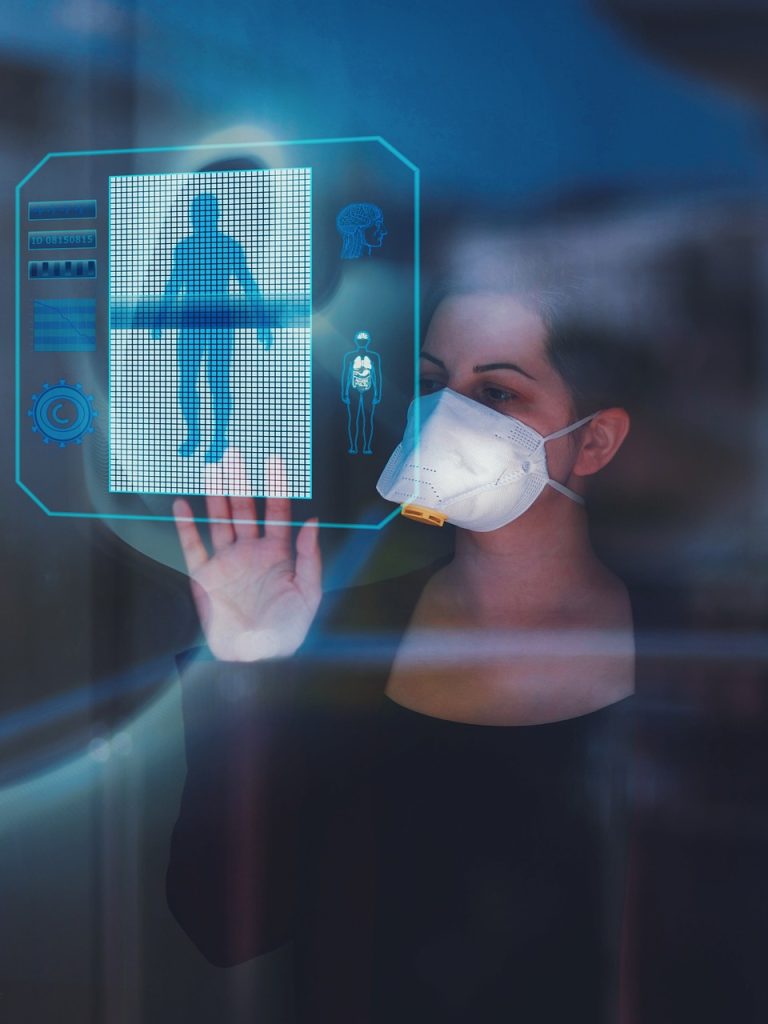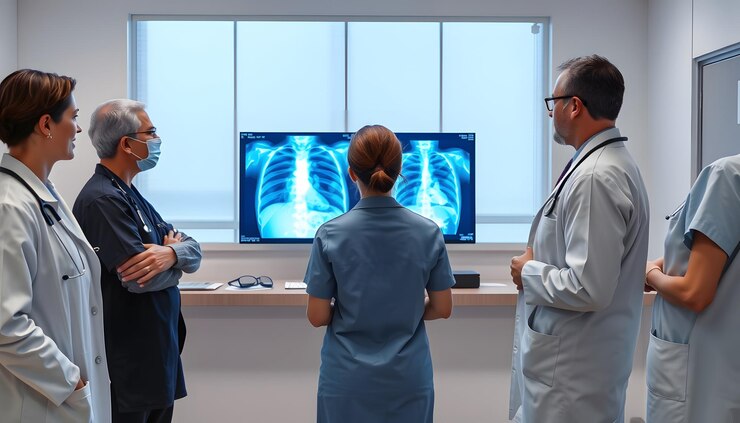GLOBOCAN LUNG CANCER
Lung Cancer: Early Detection and Comprehensive Care
Leading the Way to Early Detection
Early Detection and Comprehensive Care
Lung cancer is one of the most common and deadly cancers worldwide, but early detection and advanced diagnostics can significantly improve outcomes. At Biosysion, we are dedicated to empowering healthcare providers and patients with innovative solutions to combat lung cancer effectively.

Understanding Lung Cancer
Lung cancer originates in the tissues of the lungs, often in the cells lining the air passages. It is classified into two main types:
- Non-Small Cell Lung Cancer (NSCLC): The most common form, accounting for approximately 85% of cases.
- Small Cell Lung Cancer (SCLC): A less common but more aggressive form of lung cancer.
Risk factors include smoking, exposure to secondhand smoke, air pollution, and occupational hazards such as asbestos or radon gas.

The Importance of Early Detection
- Improved Survival Rates: Early-stage lung cancer has a five-year survival rate of over 60%, compared to late-stage detection, which drops to 6%.
- More Treatment Options: Early detection allows for minimally invasive treatments and targeted therapies.
- Better Quality of Life: Early intervention reduces the physical and emotional burden of advanced disease.



Innovative Diagnostic Solutions
Biosysion provides cutting-edge diagnostic tools to aid in the early detection and management of lung cancer:
- Low-Dose CT Screening: Non-invasive imaging to identify lung abnormalities in high-risk individuals.
- Liquid Biopsy: A minimally invasive blood test to detect cancer markers, monitor treatment response, and identify potential recurrences.
- Molecular Testing: Advanced genomic profiling for personalized treatment strategies, including targeted therapies and immunotherapies.
- Biomarker Detection: Tools to identify specific proteins or genetic mutations associated with lung cancer.

Comprehensive Support for Patients and Clinicians
- Awareness Initiatives: Educating communities on the importance of early screening, especially for high-risk populations.
- Access to Care: Partnering with healthcare providers to expand access to advanced diagnostics globally.
- Training and Resources: Equipping clinicians with the knowledge and tools to deliver accurate diagnoses and personalized care.


